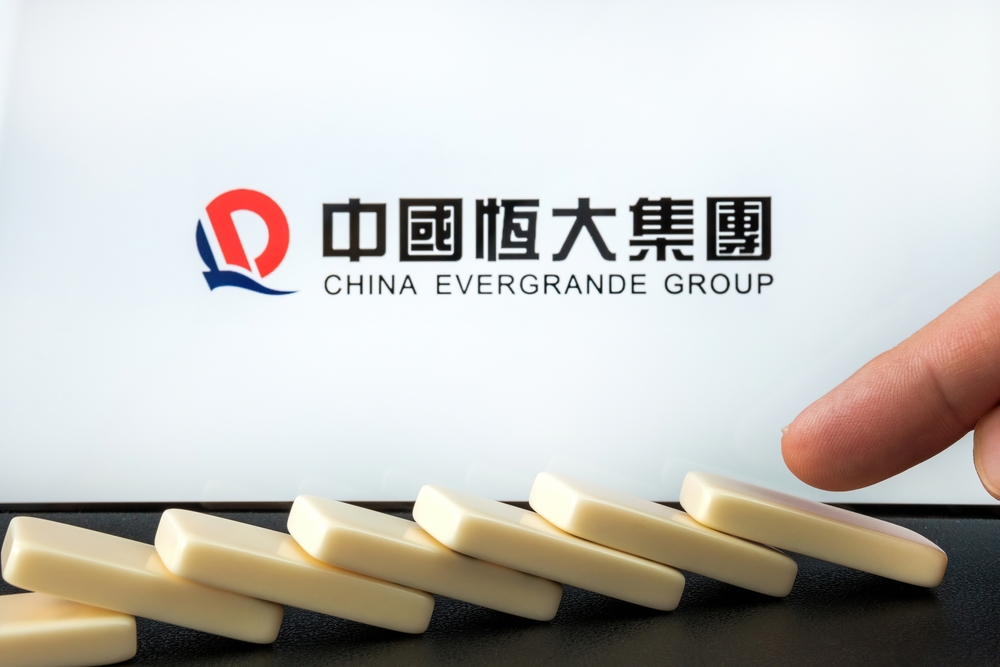
Source: Yahoo Finance
From Market Darling to Market Casualty
Evergrande was officially delisted on August 25, following a court-ordered liquidation earlier in the year. Once valued at $51 billion, the developer had seen its worth shrink to just $282 million by the time trading was suspended in January. The shares, which once traded above HK$31, changed hands at just HK$0.163 in their final transactions.
The company’s journey began with a celebrated 2009 listing that was the largest ever for a private Chinese developer in Hong Kong. Over the next decade, Evergrande became a symbol of the country’s rapid urbanisation and surging property demand, only to later serve as a cautionary tale of aggressive borrowing and financial overreach in a sector that had grown too fast and too fragile.
A Sector Under Pressure
Evergrande’s downfall is part of a wider property crisis that began in 2021, when liquidity dried up and buyer confidence waned. Many developers have since struggled to restructure debts, while some, like China South City, have also faced liquidation orders. Analysts warn that Evergrande is unlikely to be the last casualty, as liquidity constraints and weak demand continue to weigh heavily on the industry.
Chinese authorities have introduced various measures to revive the sector, from easing home-purchase restrictions to signalling more stimulus. On the day Evergrande was delisted, property stocks in Hong Kong and mainland China actually rallied on policy hopes. Yet, many analysts remain cautious, noting that real estate is deeply tied to household wealth and consumer sentiment, both of which have been damaged by years of volatility.
Personal Fortunes and Legal Battles
Evergrande’s meteoric rise was mirrored by that of its founder Hui Ka Yan, who rose from rural beginnings to become one of China’s richest men. At the height of Evergrande’s success, Hui was celebrated alongside Hong Kong’s biggest tycoons. But by last year, regulators barred him from the securities market for life and fined him over allegations of inflating results and securities fraud.
Today, Hui’s whereabouts remain unclear after his detention in 2023. Liquidators are pursuing court cases to freeze overseas assets and recover billions of dollars in dividends and executive payments. Lawyers expect the liquidation process to last a decade, with creditor recovery rates expected to be very low. The human toll is also visible, as homebuyers and investors who trusted Evergrande continue to wait in vain for homes or repayments.
A Turning Point for China’s Growth Model
For many, Evergrande’s delisting is more than the collapse of a single company; it marks a turning point for China’s property-driven growth model. The delisting symbolizes the result of Evergrande’s dramatic downfall and signals the end of an era.
Going forward, China’s challenge will be to stabilize the property market without reigniting the same debt-fueled risks. Rebuilding trust among homebuyers, rebalancing local government finances, and ensuring that future urbanization is sustainable are now critical tasks.
The Evergrande saga serves as both a warning and an opportunity, a warning of what unchecked leverage can do, and an opportunity to build a more stable, resilient path for one of the world’s largest economies.


